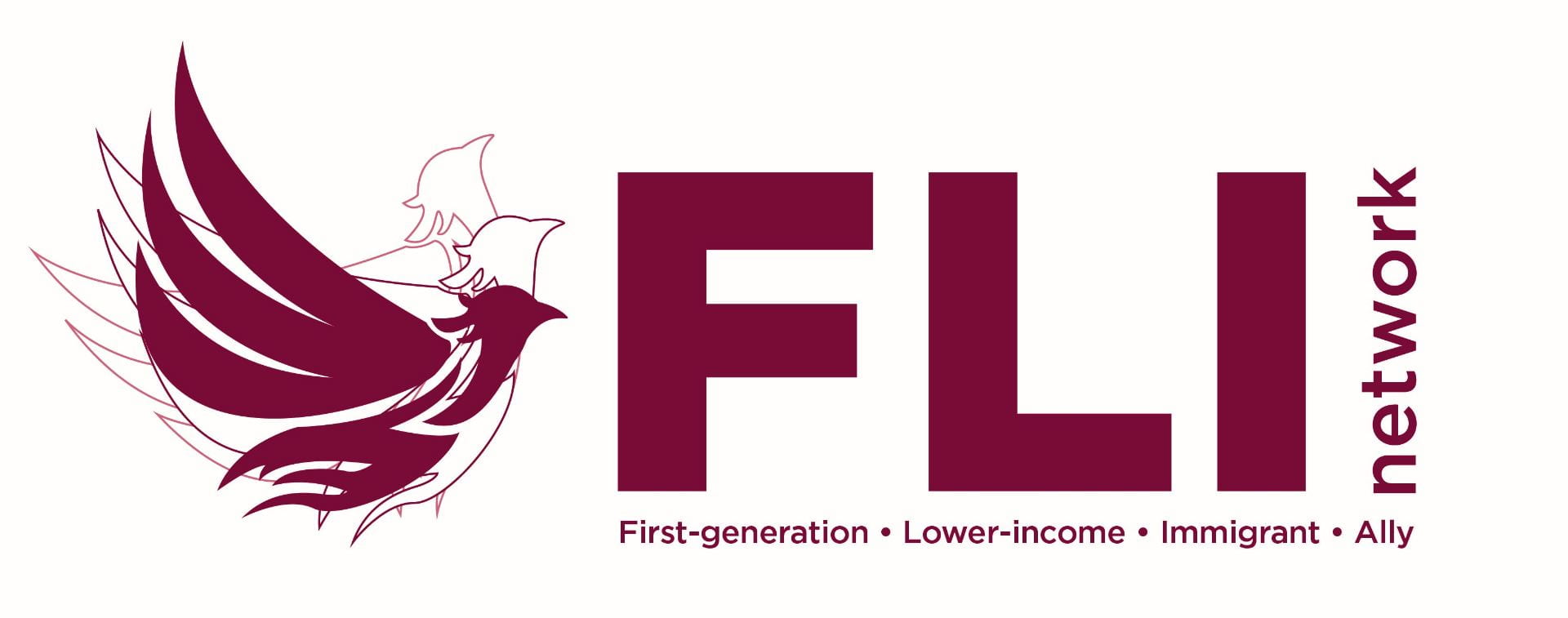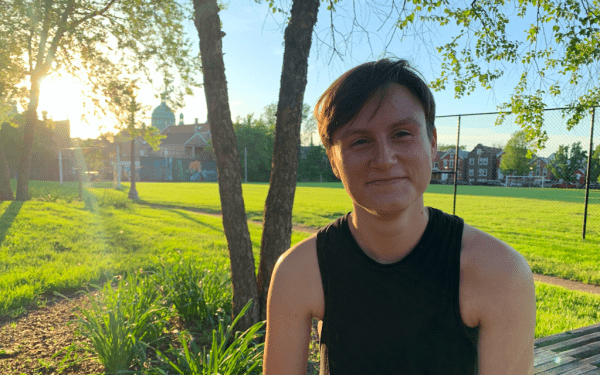Lauren Beard, a third-year doctoral student at the University of Chicago Department of Sociology, actively contributes to national and campus-based initiatives for FLI students. She reflects on her identities and encourages fellow members of the FLI community to celebrate their journey.
Following are the highlights of our conversation:
Q. What challenges do you face as a FLI student?
A. Since there is no FLI affiliated student organization in my department, identity related topics are easy to overlook. At the same time, people may not always be comfortable addressing select aspects of your identity. For example, I have found that people in the administration are much more willing to address the “first-generation” part of my identity than the “lower-income” part. This is a problem because support systems for those two parts might not always look the same.
Even when administrators are comfortable talking about identity, a lot of the burden falls on students to provide and execute ideas. FLI students usually have to rise to this challenge in addition to managing everything in their academic and personal lives.
Q. As a FLI student, what is one change you wish to see during your time at the University?
A. While the university acknowledges presence of the FLI community, it can improve the way it celebrates us. In my experience, there is a weak sense of belonging among FLI students on campus. Some students are scared to disclose FLI identities because people in their departments might look down on them. While not explicit, I have experienced backhanded insults.
We need more discussion and acceptance. The FLI community contributes to the campus in a lot of ways and it should be encouraged and celebrated. Departments can start by recognizing instances of elitism and addressing institutional gatekeeping of academic work.
Q. What is one initiative that you wish the University continues promoting?
A. Across the board, the university has a lot of resources. I am very grateful for programs hosted by SSS and the FLI Network. These initiatives play a huge role in building and maintaining the FLI identity on campus, all the while making it more accessible to students across campus.
Q. What has been your proudest moment so far?
A. I am proud to say that I stayed in touch with my FLI identities through my undergraduate, and now, graduate programs. In elite academic institutions, we are so often faced with systems that are explicitly counter to our identities and experiences. When I first came to the university, I made a very intentional choice to be an active member of the FLI community and SSS. Now, in my third year, I see the long-term benefits of those decisions. I am more confident in having direct conversations with advisors and suggesting areas of improvement and change. I am grateful for choosing to stay connected to the FLI community because it empowered me to better express myself.

